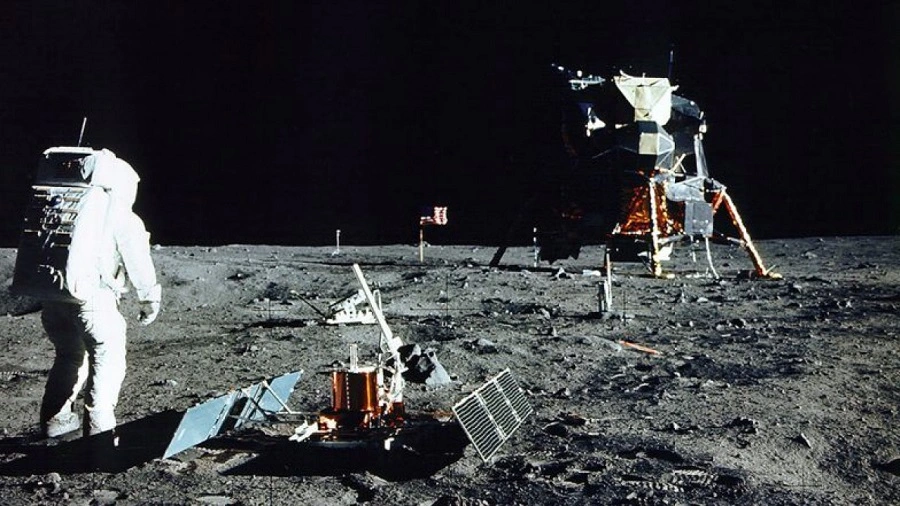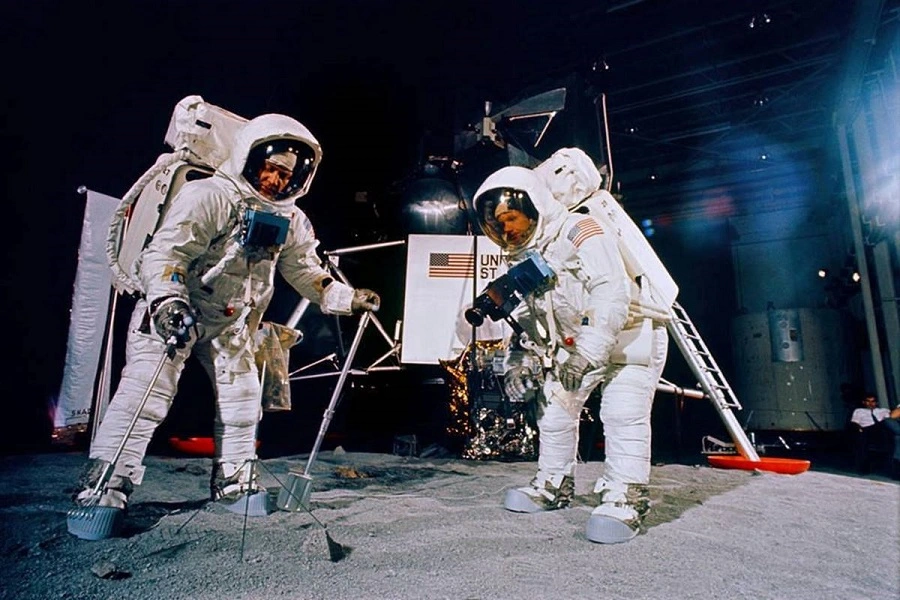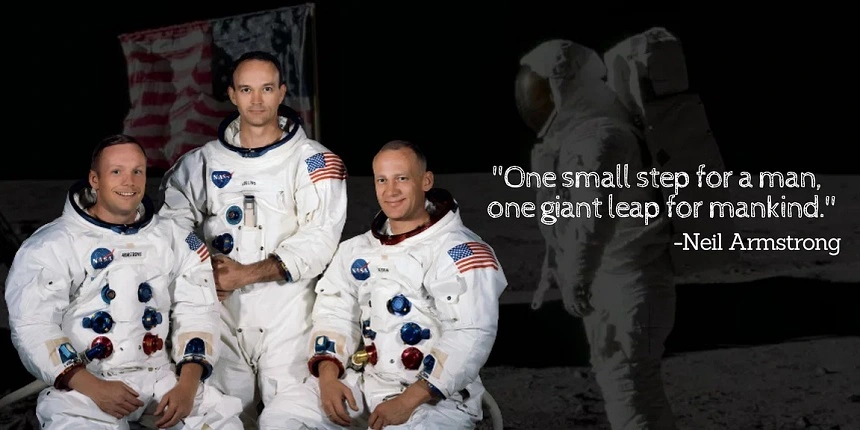The designation of July 20 as International Moon Day was officially declared by the United Nations General Assembly, marking an annual celebration of this significant date in honor of mankind’s first lunar landing.
On the 20th of July each year, people across the globe join in the festivities of International Moon Day, honoring the remarkable feat of humanity’s inaugural lunar landing.
Let me provide you with a complete overview of the event and the reasons for its celebration.
Unveiling the Significance of International Moon Day


In 1969, on July 20th, the NASA Apollo 11 mission achieved a historic milestone as astronauts Neil Armstrong and Buzz Aldrin took their first steps on the lunar surface. This unforgettable event has become a pivotal part of our shared history. In recognition of its significance, the United Nations General Assembly declared July 20th as International Moon Day in 2021. Today, we celebrate this momentous achievement and the spirit of exploration that continues to inspire us all.
The theme for International Moon Day 2023
In 2023, International Moon Day’s theme revolves around “Lunar Exploration Coordination & Sustainability,” highlighting the significance of collaborative space exploration and the essential role of sustainable practices in our missions.
Journey to the Moon: Apollo 11’s Historic Mission:


In 1961, US President John F. Kennedy envisioned a bold mission for Apollo 11: to land humans on the Moon and bring them back safely. The journey began on July 16, 1969, as Apollo 11 launched from Cape Canaveral with three intrepid astronauts on board – Neil Armstrong, Michael Collins, and Buzz Aldrin. Just four days later, the world watched in awe as Neil Armstrong took that historic step onto the lunar surface, declaring, “one small step for a man, one giant leap for mankind.” As Armstrong and Aldrin collected lunar samples for 21 hours, Michael Collins circled above in the command module, Columbia. This remarkable feat forever symbolizes humanity’s spirit of adventure and exploration.
The Apollo missions, conducted by NASA between 1968 and 1972, marked a monumental chapter in human space exploration, as they aimed to land astronauts on the Moon. These missions were a series of remarkable achievements, with six successful ventures – Apollo 11, 12, 14, 15, 16, and 17 – that enabled a total of 12 astronauts to set foot on the lunar surface.
Pioneering the Moon: The Extraordinary Astronauts of the Apollo Missions
- Neil Armstrong – Apollo 11 July 20, 1968, The first human to step onto the Moon.
- Buzz Aldrin – Apollo 11 The second person to walk on the Moon.
- Charles “Pete” Conrad – Apollo 12
- Alan L. Bean – Apollo 12
- Alan B. Shepard – Apollo 14
- Edgar D. Mitchell – Apollo 14
- David R. Scott – Apollo 15
- James B. Irwin – Apollo 15
- John W. Young – Apollo 16
- Charles M. Duke Jr. – Apollo 16
- Eugene A. Cernan – Apollo 17
- Harrison H. Schmitt – Apollo 17
The courageous astronauts listed above were integral members of historic missions that achieved the extraordinary feat of landing on the Moon. Through their bravery and dedication, they not only set foot on the lunar surface but also conducted groundbreaking scientific explorations that advanced our understanding of the cosmos. Their achievements continue to inspire and serve as a testament to human ingenuity and the spirit of exploration.
Conclusion


As we celebrate International Moon Day, we reflect on the significance of humanity’s journey to the Moon and the importance of collaboration and sustainability in our future space endeavors. This occasion serves as a reminder of our potential to achieve the seemingly impossible and reaffirms our commitment to exploring and understanding the cosmos beyond our home planet.




